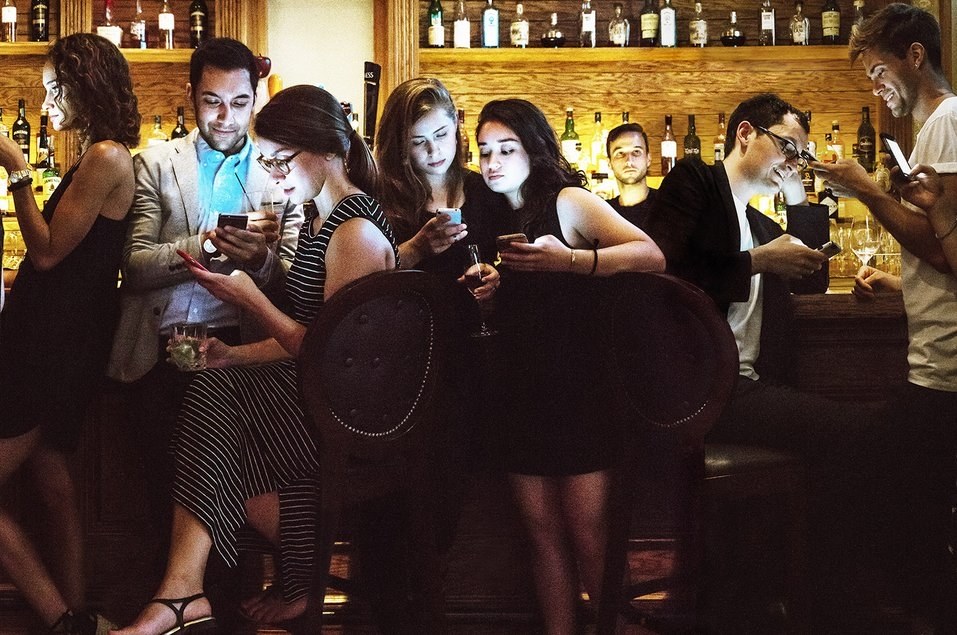Toronto: Not just for hookups and casual dating, some of Tinders over 50 million worldwide users are utilizing the platform for their own purposes — from multilevel marketing to political and health campaigning to promoting local gigs.
Tinder’s meteoric rise in popularity has cemented its position as the go-to dating app for millions of young and not-so-young users.
The researchers from Concordia University explored this so-called “off-label use” — a term borrowed from pharmacology describing when people use a product for something other than what the package says — in a new paper published in the journal The Information Society.
“When people encounter a new technology, whether it’s a hammer or a computer, they use it in ways that fit their needs and lifestyle,” said author Stefanie Duguay, Assistant Professor of Communication Studies in Concordia’s Faculty of Arts and Science.
“However, once you buy a hammer, it doesn’t undergo regular updates or develop new features — apps do. They come with their own marketing, vision for use and sets of features, which they regularly update and often change in response to user activity,” Duguay added.
Duguay looked at dozens of media articles about people using it for purposes other than social, romantic or sexual encounters. Finally, she conducted in-depth interviews with four “off-label” users.
One user’s profile was being used to conduct an anti-smoking campaign.
Another, an anti-sex trafficking campaign. A third was using the app to market her health products and the last was supporting US Senator Bernie Sanders’s Democratic Party presidential nomination run in 2016.
She then compared and contrasted these different approaches to off-label use.
“I found that a lot of the time, Tinder’s expected use — dating and hooking up — informed or complemented their campaigns,” she noted.
“There would be an element of flirtatiousness or they would draw on users’ perception of Tinder as a digital context for intimate exchanges”.
Many Tinder users who were on the app for its expected uses became upset when they discovered these profiles’ actual aims.
“That shows that off-label use can be somewhat disruptive on the platform. Though this depends on how narrowly people see that app’s purpose,” she added.
According to her, conversations involving Tinder tend to not to be taken very seriously because of the app’s association with hookup culture. This dismissiveness obscures a larger point.
“I think sex and dating are very meaningful activities in our society,” she said.
“But I was also seeing this range of activity on Tinder. Platforms like this are more like an ecosystem, and when users adopt different purposes than the ones they are designed for, the platforms can change their guidelines or features in ways that greatly affect their users,” the authors wrote.
